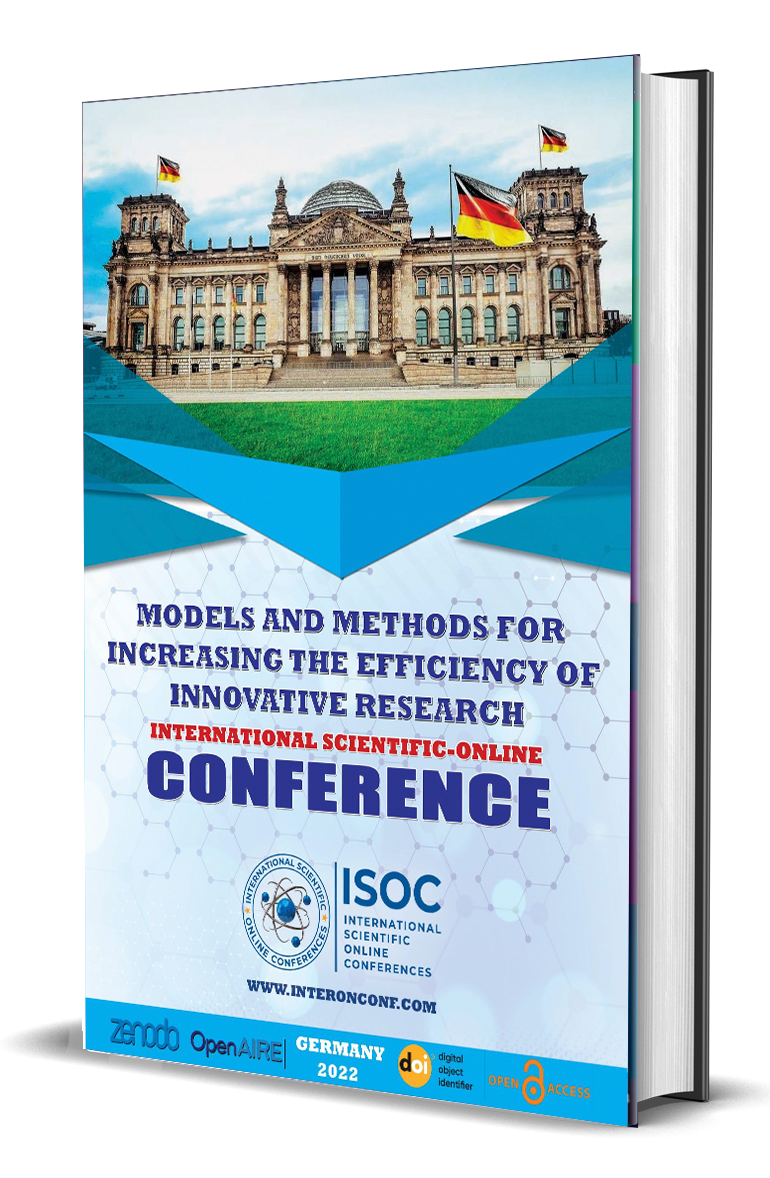LANGUAGE ACQUISITION IN BILINGUAL CHILDREN: A COMPARATIVE STUDY
Keywords:
Bilingualism is an increasingly common phenomenon in our globalized world.Abstract
This article explores the process of language acquisition in bilingual children and compares it to that of monolingual children. By examining cognitive, phonological, and grammatical development, it highlights both the advantages and challenges bilingual children face. The study analyzes how growing up with two languages influences cognitive flexibility, vocabulary acquisition, and code-switching.. The findings suggest that while bilingual children may initially lag in vocabulary development in one language, they exhibit a broader overall lexicon across both languages.
Downloads
References
Bialystok, E. (2011). Reshaping the mind: The benefits of bilingualism. Canadian Journal of Experimental Psychology, 65(4), 229-235.
Grosjean, F. (2010). Bilingual: Life and Reality. Harvard University Press.
Hoff, E., Core, C., Place, S., Rumiche, R., Señor, M., & Parra, M. (2018). Dual language exposure and early bilingual development. Journal of Child Language, 39(1), 1-27.
Oller, D. K., Pearson, B. Z., & Cobo-Lewis, A. B. (2007). Profile effects in early bilingual language and literacy. Applied Psycholinguistics, 28(2), 191-230.
Poplack, S. (2018). Sometimes i’ll start a sentence in Spanish y termino en español: Toward a typology of code-switching. Linguistics, 18(4), 581-618.
6.Komiljonova, M. A. (2024). EDMUND SPENCER: THE POETʼS POET AND ARCHITECT OF FAERIE.
Komiljonova, M. A. (2024). JOHN MILTON: POET OF PARADISE AND REVOLUTION.
Komiljonova, M. A. (2024). WORD ACQUISITION: UNRAVELING THE MYSTERY OF HOW WE LEARN LANGUAGE.
Nurmanova, C. M. K., & Komiljonova, M. A. (2024). WAYS AND SECRETS TO IMPROVE STUDENTS'IELTS WRITING. Academic research in educational sciences, 5(CSPU Conference 1 Part 2), 209-213.
Yusupova, M. A. K., & Komiljonova, M. A. (2024). THE WAYS OF TEACHING SPEAKING TO ELEMENTARY LEARNERS. Academic research in educational sciences, 5(CSPU Conference 1 Part 2), 301-306.
Abadanova, M. M., & Komiljonova, M. A. (2024). ROLE OF USING INTERNET RESOURCES TO DEVELOP LANGUAGE SKILLS. Academic research in educational sciences, 5(CSPU Conference 1 Part 2), 298-300.
Abdullayev, A. A., & Komiljonova, M. A. (2024). EDUCATING THE ENGLISH MANNER OF SPEAKING THROUGH 3D GAMES IN EFL LESSONS. Academic research in educational sciences, 5(CSPU Conference 1 Part 2), 169-174.
Abdurashidova, D. A. K., & Komiljonova, M. A. (2024). TEACHING A FOREIGN LANGUAGE BASED ON COMPUTER PROGRAMS. Academic research in educational sciences, 5(CSPU Conference 1 Part 2), 159-163.
Nurillayeva, O. S. K., & Komiljonova, M. A. (2024). MODERN METHODS OF LEARNING ENGLISH THROUGH MASS MEDIA. Academic research in educational sciences, 5(CSPU Conference 1 Part 2), 324-329.
Abdurashidova, D. A. Q., & Komiljonova, M. A. (2024). TEACHING ENGLISH TO YOUNG LEARNERS: CHALLENGES AND WAYS TO OVERCOME. Academic research in educational sciences, 5(CSPU Conference 1 Part 2),164-168.
Xurramova, G. A. Q., & Komiljonova, M. A. (2024). THE IMPORTANCE AND ROLE OF EDUCATION IN OUR LIVES. Academic research in educational sciences, 5(CSPU Conference 1 Part 2), 175-179.
Komiljonova, M. A. (2024). THE IMPACT OF TEACHER TRAINING ON STUDENT LEARNING. Academic research in educational sciences, 5(CSPU Conference 1), 733-739.
Hotamova, Z. A. K., & Komiljonova, M. A. (2024). THE IMPORTANCE OF TEACHING ENGLISH TO YOUNG LEARNERS. Academic research in educational sciences, 5(CSPU Conference 1 Part 2), 189-193.
Mustafayeva, L. D., & Komiljonova, M. A. (2024). ARTIFICIAL INTELLIGENCE’S ROLE IN THE FUTURE OF TEACHING A FOREIGN LANGUAGE. Academic research in educational sciences, 5(CSPU Conference 1 Part 2), 153-158.





